Labour Party Chairman Julius Abure recently called for reconciliation with the party's previous presidential candidate, Peter Obi, but Nigerian lawyer Kenneth Okonkwo recently voiced his reservations about this move in an interview with Arise TV. Okonkwo cast doubt on the authenticity of Abure's appeal because the party leader has failed to answer Obi's concerns about accountability and openness. Okonkwo brought up the fact that Abure has ignored Obi's earlier suggestion for an outside examination of the party's finances.
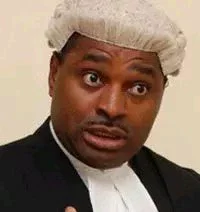
The attorney stressed the significance of continuing to uphold the Labour Party's basic ideals, especially those pertaining to openness and responsibility. While speaking with the interviewer, Okonkwo expressed his concerns about possible treason within the party. Bringing in an auditor to examine the books was something Peter Obi mentioned, he claimed. Why hasn't Abure consented to that? Now he's inviting Peter Obi to mediate, but on what grounds? Continuing, Okonkwo stated, "All the things he said you should do" in reference to the party's constitutional duties.
What have you done to demonstrate openness, accountability, and compliance with the principles outlined in article 8 C of the Labour Party constitution, which states that the party's goal is to create a Nigerian identity that is "very selfless, transparent, and conforms to due process and rule of law?" The lawyer's remarks emphasized how important it is for party members to work together and truly adhere to shared principles. He vowed to keep an eye out for any internal strife and to continue supporting Obi.
"These people will sell you out and I mean it," Okonkwo stated emphatically, revealing his worries about Obi's status inside the party. If they do sell Peter Obi to anyone, please inform me so that I can begin searching for him; after all, he is still my brother. These comments show how the Labour Party is still struggling with internal strife and how hard it is to keep members together and trusting one another. In the midst of party internal strife and the imperative for change, the incident highlights the larger problem of openness and responsibility in Nigerian politics.

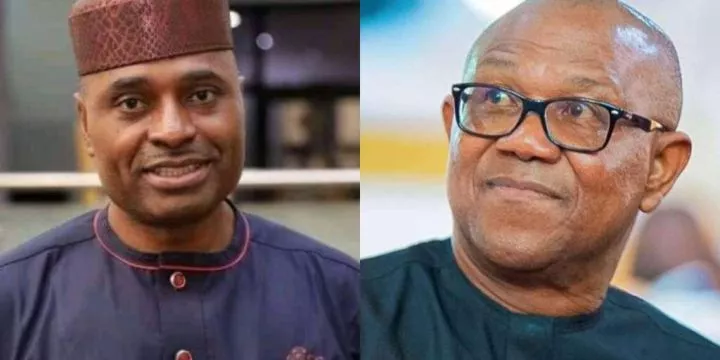
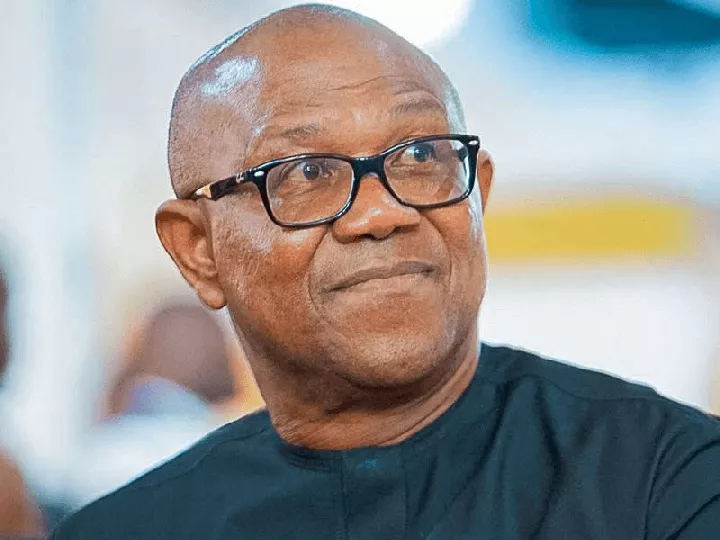
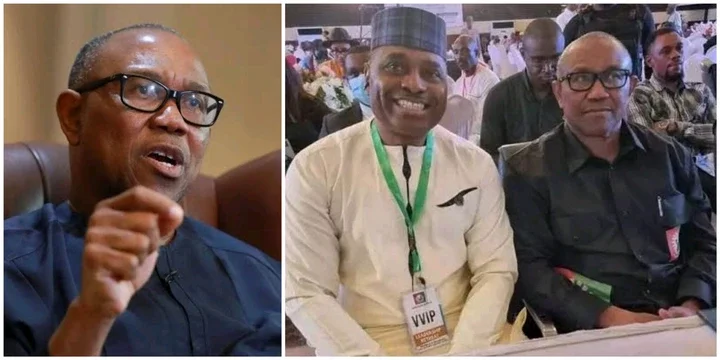
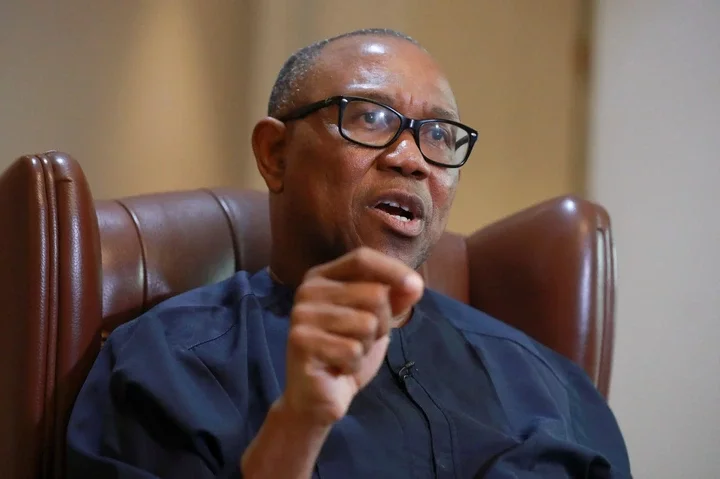
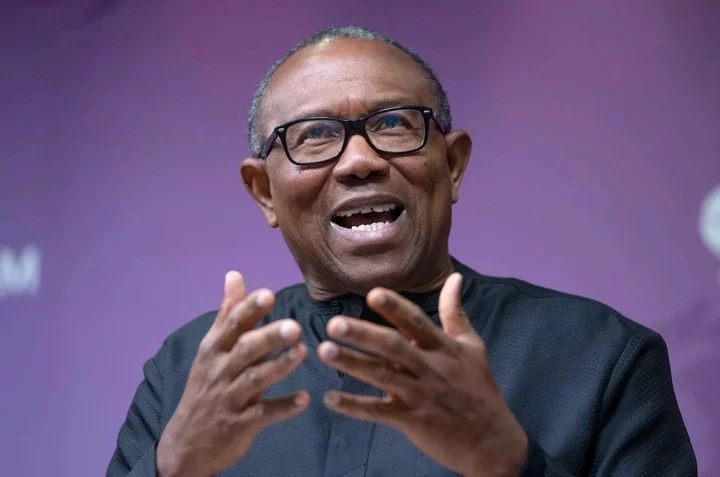
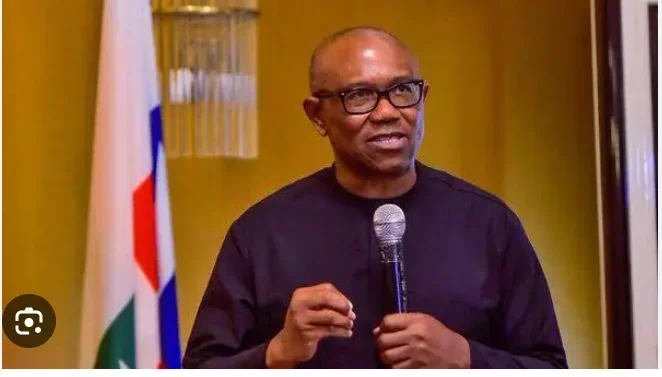
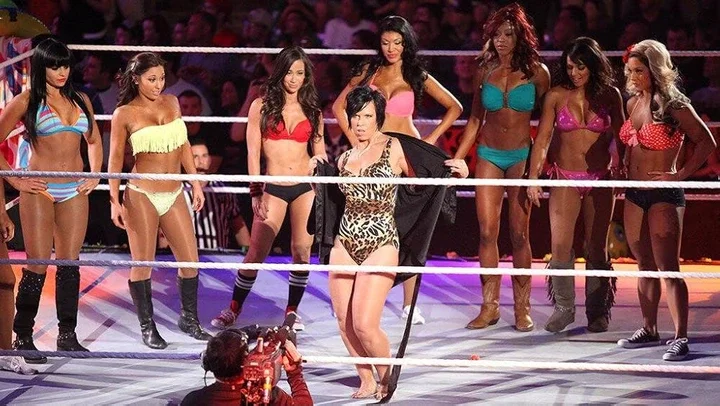
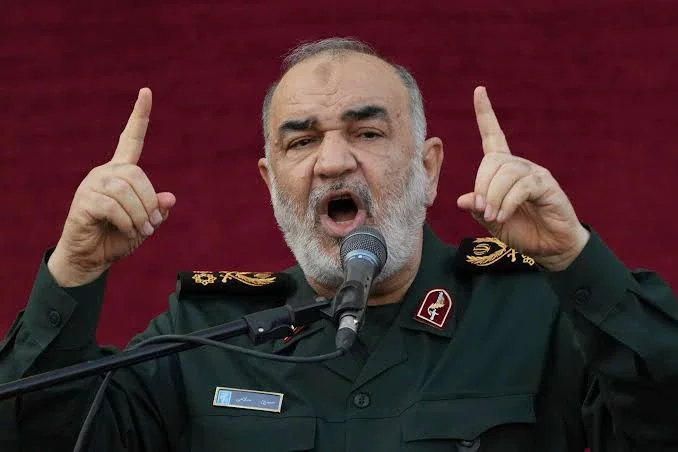


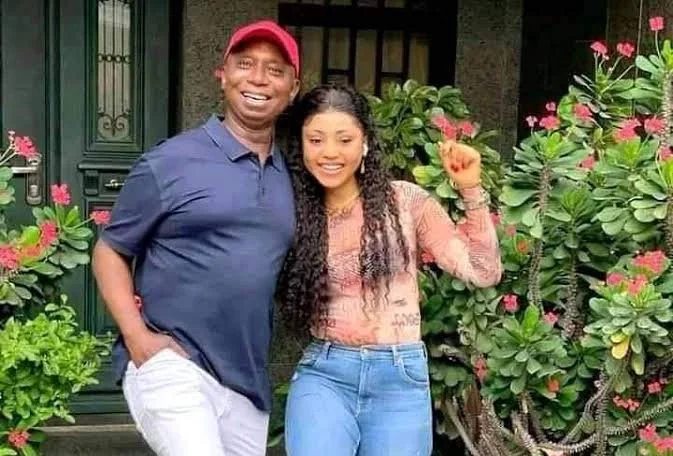

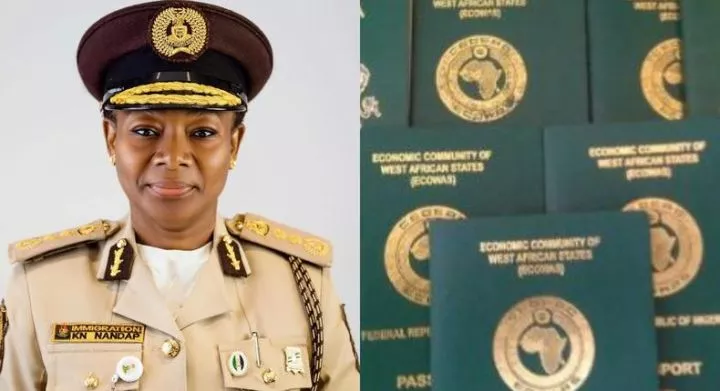


Comments